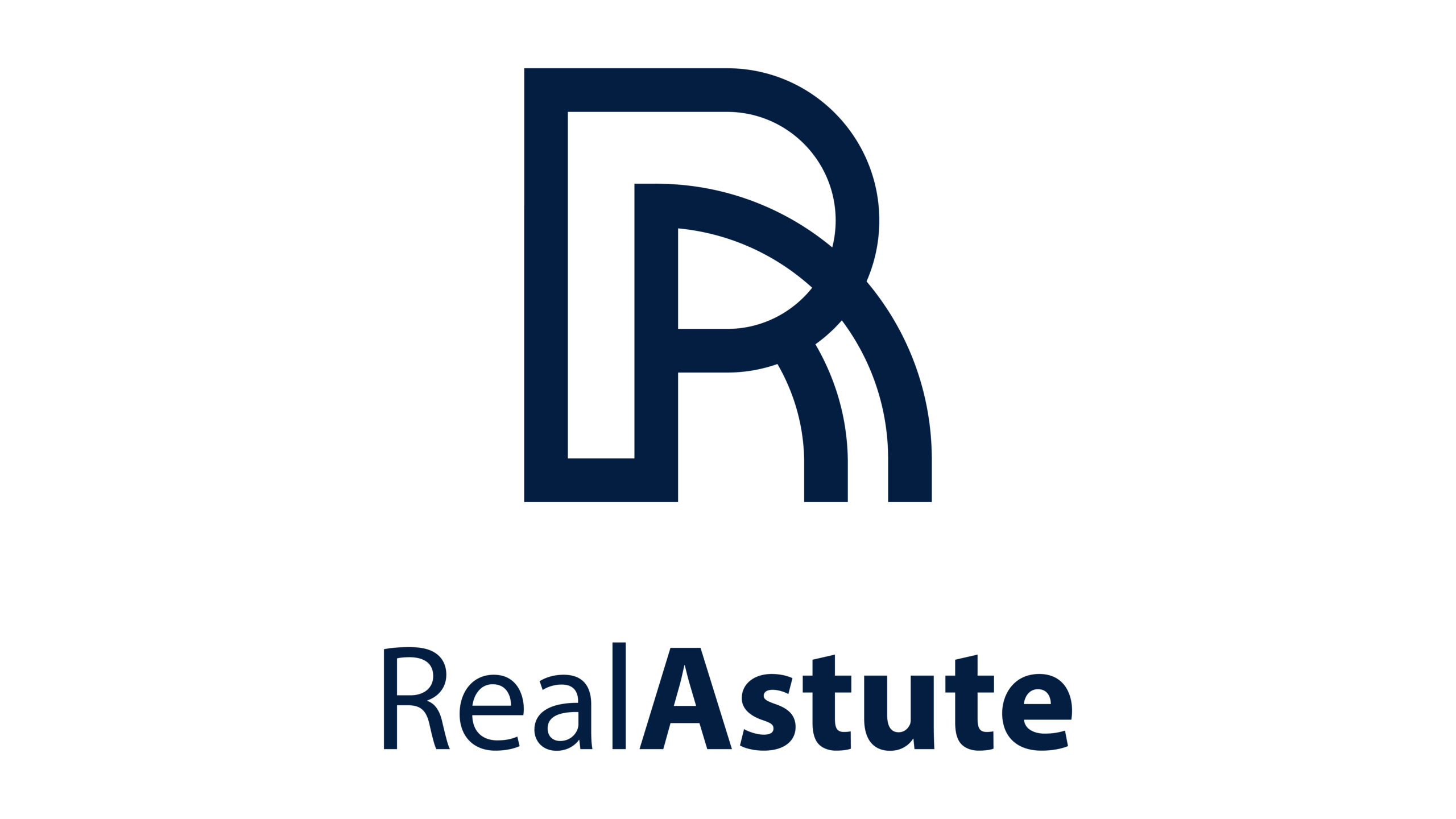Can a Home Be Sold If It Isn’t in the Best Condition?
As you prepare to sell your home, you are probably worried about the offers you might receive. Selling a home that isn’t in the best condition can be a challenge.
When you sell a home, it is vital that you look at the home from a buyer’s perspective and not your own. If you are looking to bring out the potential in your home, you should work with a qualified real estate agent specializing in “fixer-uppers.” These tips should give you an idea of where to start to improve the prospects of selling your home successfully.
If you have already acknowledged that your home is not in the best condition, it will take a qualified real estate agent to help you bring out the best in your home to attract buyers. However, it doesn’t hurt to explore why you might feel the way you do about your home.
By looking at your home more objectively, you can begin to decide which features of your home matter and need improvement. Your Realtor can help by ordering a home inspection. However, you will also need to think about what will be required to bring your home up to a suitable condition that will appeal to buyers. Here are a few questions that you should ask yourself about your home:
- How old is the home?
- Is the home now damaged, or has it ever suffered damage?
- What repairs should be made on the home?
- Have you cleaned and updated your home to make it attractive to buyers?
As a seller, you should make sure that you order your own home inspection. Otherwise, you may be at a disadvantage when it comes time for negotiations with buyers. “I discovered this the hard way when the seller used her report to drive down the price,” says Jack M. Guttentag, Professor of Finance Emeritus at the Wharton School of the University of Pennsylvania. “Buyer-ordered inspections are designed, consciously or unconsciously, to provide bargaining ammunition for the buyer by exposing everything that is wrong or might go wrong.”
Home Staging
If you are unsure if buyers will be interested in your home, something as simple as home staging can make the difference. Home staging is where you prepare your home for sale so that buyers can get a better idea of what it would be like to live in your home. The home staging process typically begins with a thorough cleaning and can involve making minor repairs, updating appliances, and furniture. The goal is to make your home appeal more livable and less personalized.
If you have not yet prepared your home to be sold, you may find that this is all you really need to attract potential buyers. Your real estate agent can make the final assessments on home staging ideas.
Renovations
If your home appliances are woefully out of date or your home could use an energy-efficient upgrade, your REALTOR will likely recommend that you make renovations to the home before putting the home on the local market.
Some common renovations that are said to add value to a property include removing a non-structural wall, updating the landscaping, and updating appliances. It is essential to assess exactly how much value certain upgrades really add so that you don’t end up losing money on the home.
“One of the most important things to keep in mind when considering any home improvement project is to not go overboard,” says Shannon O’Brien of realestate.com. “The value of your home is partially determined by the value of your neighbor’s homes, so don’t make improvements that bring your home’s value significantly over the general value of other homes in your neighborhood.”
Damage
Generally, REALTORS recommend that homeowners make repairs to a home before selling. If the home has experienced damage due to a home emergency or natural disaster, it is likely to be covered by an insurance policy. Check with your insurance company first to see if there is any funding available to cover the repairs’ cost.
Alternatively, you may decide to sell your home, “as-is.” However, almost all homes sold under this condition do not sell for anything close to market value. The expectation for a buyer in this situation is that he or she will have to make significant repairs on the home. In addition, an investor will likely also want to turn a profit after covering the costs of making the updates on the home.
Get Assistance from an Agent
If you are really unsure how your home will fair on the market, the best suggestion after preparing your home to be sold is to get a Comparative Market Analysis done by your Realtor. The Comparative Market Analysis will provide a full report on what other homes have sold for in your local market, as well as the number of sales that have recently taken place.
By looking at this data alongside the costs involved to improve your home’s condition, you can get a better idea of what your home might sell for. A qualified real estate agent can help you with pricing and help you create a unique story about your home that will appeal to buyers.


